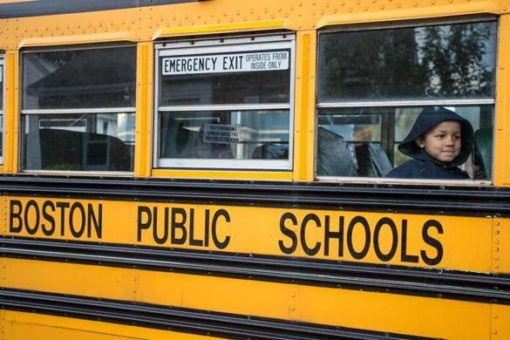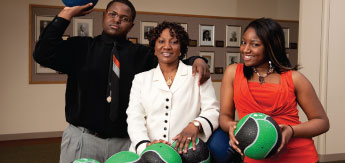By Jessica Plante, BACH 2017 Summer Intern from Boston University School of Public Health
At the beginning of May, Massachusetts Attorney General Maura Healey launched a new initiative that will bring opioid prevention programming to 25 school districts. Called Project Here, the new initiative is funded by GE Foundation and the Attorney Generals’ Office, in partnership with The Herren Project, Epicenter Experience, and Health Resources in Action (HRiA), BACH’s fiscal sponsor. The goal is to initiate prevention programming before opioid use even begins. Attorney General Healey was quoted as saying “we will partner with schools and community organizations to empower young people and protect the next generation from falling victim to this public health crisis.”
Schools are a great target for prevention measures, whether it be opioid prevention or dating violence prevention. But what if, beyond preventative programming, schools also address the symptoms of adverse childhood experiences (ACEs)? Can schools be treatment centers as easily as prevention centers?

As a quick background: ACEs can have numerous effects on a child’s learning experience, including increased absences, decreased IQ and GPA, as well as an increased likelihood of dropping out of school (RAND Corporation, 2006). As far as social determinants of health go, education level is an indicator of how likely one is to be healthy throughout life. Not addressing trauma when it happens could have a detrimental effect on one’s health as a child, an adolescent, and adult.
Schools have great potential to help children cope with the aftermath of an ACE. “Children spend a lot of time in school, and families trust schools,” said Jessica Tang, President of the Boston Teachers Union. Trust in schools means that families are more likely to reach out to schools for help. With added support of HUB community schools, there is the possibility of being able to offer all kinds of support and services needed to a community, especially when it comes to trauma.
When thinking of student needs, this does not just mean increased counseling in schools. It also means understanding the effects of trauma when we teach, and creating safe and comfortable spaces in schools. Currently, Boston Public Schools incorporate social emotional learning into their lessons, knowing that emotional wellbeing helps children be healthier. The Boston Teacher’s Union has a committee dedicated to improving social-emotional learning in schools.
Of course, making schools a safe haven for those who have gone through an ACE is not an easy task. “The biggest obstacle is not having enough money;” Tang said. According to Tang, schools know exactly what resources they need in order to address trauma in a safe and comprehensive way, but it is hard for schools to obtain all of the money and resources. However, despite this obstacle, Tang believes that schools are doing a great job given the resources currently available.
As schools already know what they need to succeed in addressing childhood trauma, what is needed in the future is capacity to do so – this means exploring any and all funding options, and expanding programs that we know already work (such as the Comprehensive Behavioral Health Model). Hopefully, in the future, schools will have enough money to expand on these programs and address childhood trauma even better than before.

